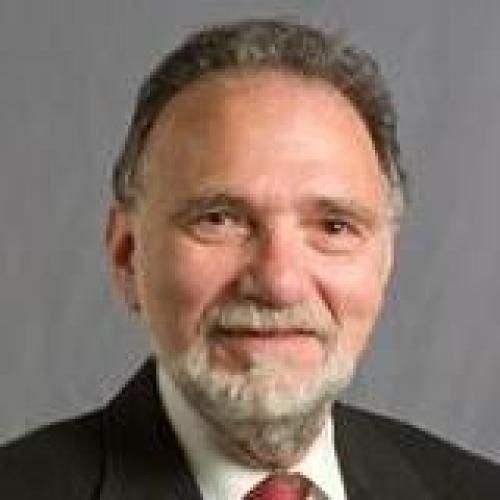
Evaluating a stage model in predicting monolingual spanish-speaking Latinas' cervical cancer screening practices: the role of psychosocial and cultural predictors.
The goals of this study are to evaluate (a) the effectiveness of a stage model in predicting Latinas' self-report of obtaining a Pap test and (b) the unique role of psychosocial/cultural factors in predicting progress toward behavior change. One-on-one structured interviews with monolingual Spanish-speaking Latinas (n=190) were conducted. Most participants (85%) intended to obtain a Pap smear within 1 year; therefore, staging women based on intention was not possible. Moreover, results from the polychotomous hierarchical logistic regression suggest that psychosocial and cultural factors were independent predictors of Pap test history. A stage model may not be appropriate for predicting Pap test screening among Latinas. Results suggest that unique cultural, psychosocial, and demographic factors may inhibit cervical cancer screening practices. Clinicians may need to tailor messages on these cultural and psychosocial factors to increase Pap testing among Latinas.
Duke Scholars
Published In
DOI
ISSN
Publication Date
Volume
Issue
Start / End Page
Location
Related Subject Headings
- Young Adult
- Vaginal Smears
- Uterine Cervical Neoplasms
- Public Health
- Psychology
- Patient Acceptance of Health Care
- Papanicolaou Test
- Middle Aged
- Interviews as Topic
- Humans
Citation

Published In
DOI
ISSN
Publication Date
Volume
Issue
Start / End Page
Location
Related Subject Headings
- Young Adult
- Vaginal Smears
- Uterine Cervical Neoplasms
- Public Health
- Psychology
- Patient Acceptance of Health Care
- Papanicolaou Test
- Middle Aged
- Interviews as Topic
- Humans


